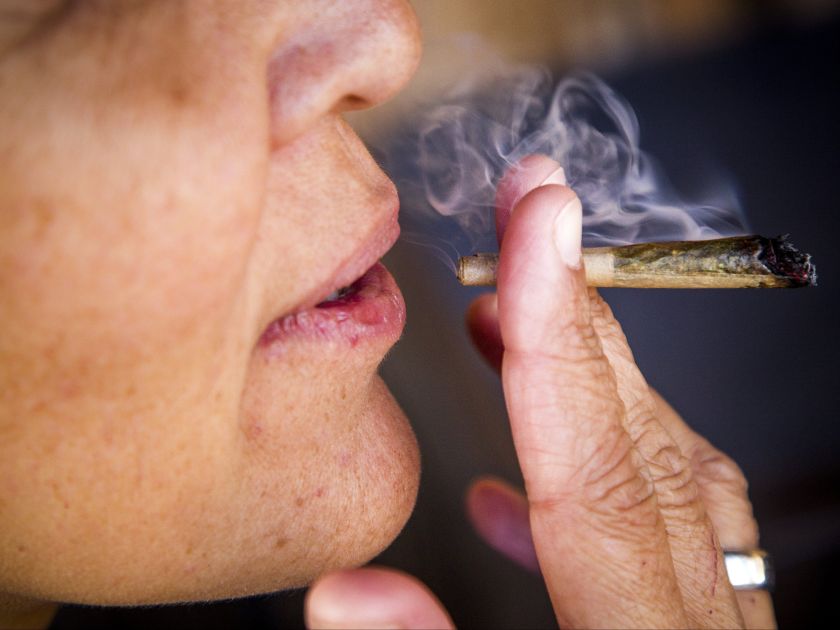(Postmedia file photo)
Marijuana use during pregnancy can have a significant impact on the health of unborn babies, a new joint study by Western University and Queen’s University researchers says.
By studying rats and human placenta cells in lab, researchers found regular exposure to tetrahydrocannabinol (THC), the main psychoactive ingredient in marijuana, during pregnancy has significant impact on the development of placenta and fetus.
Maternal exposure to THC also has an impact on both organ development in the fetus and gene instructions essential to the function of the placenta.
“This is the first study to definitively support the fact that THC alone has a direct impact on placental and fetal growth” study co-author and Schulich School of Medicine and Dentistry associate professor Dan Hardy said in a statement.
“This data supports clinical studies that suggest cannabis use during pregnancy is associated with low birth weight babies. Clinical data is complicated because it is confounded by other factors such as socioeconomic status.”
In lab rats, researchers showed regular exposure to a low dose of THC — meant to mimic daily use of pot during pregnancy — led to an eight per cent drop in birth weight and a more than 20 per cent decrease in brain and liver growth in the fetus.
The research team also showed how THC can prevent oxygen and nutrients from crossing the placenta and reaching the unborn baby. By looking at human placental cells, the team found THC exposure reduced the amount of an important protein that transports glucose — a key nutrient used in human energy production — into cells.
The researchers also found a reduced network of blood vessels in rat placentas exposed to THC, a feature that could cause reduced blood flow from mother to baby.
The team believes both factors are likely contributing to the growth restrictions they’ve seen in babies exposed to THC in the uterus.
“Marjiuana has been legalized in Canada and in many states in the U.S., however, its use during pregnancy has not been well studied up until this point,” Queen’s associate professor and study co-author David Natale said in a statement.
“This study is important to support clinicians in communicating the very real risks associated with cannabis use during pregnancy.”
The study is particularly noteworthy in Canada, where the purchase and possession of marijuana for personal use has been legal since late 2018.
The joint study is published in the journal Scientific Reports.
























